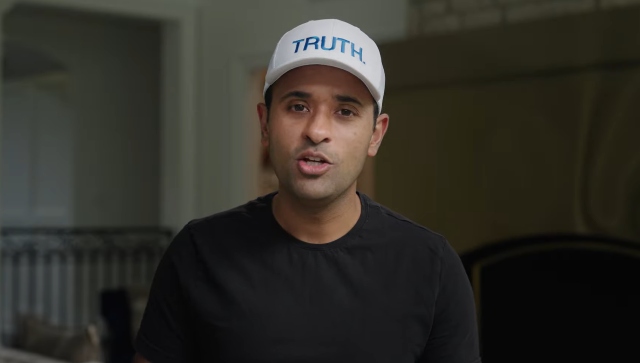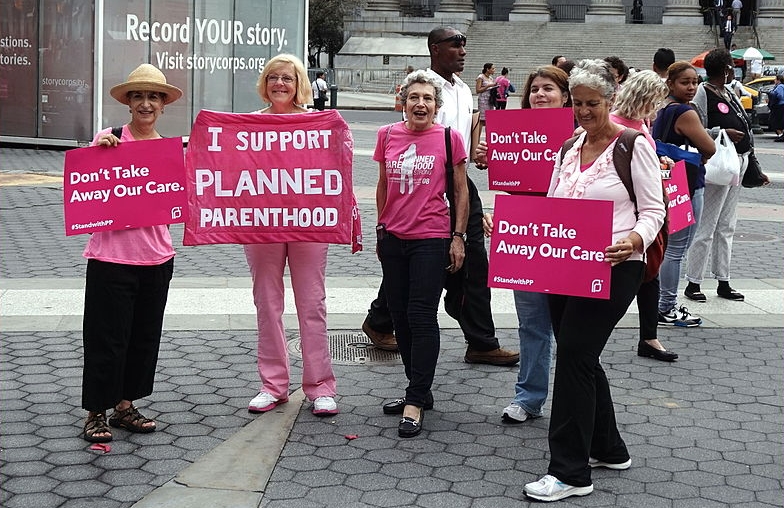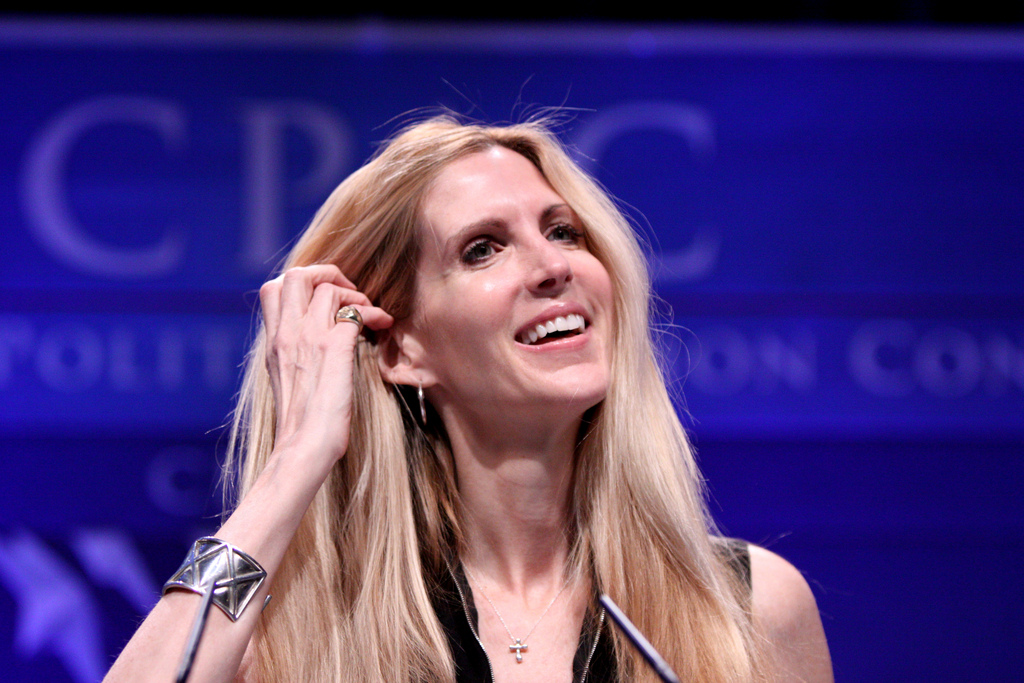
- President-elect Donald Trump intends to issue an executive order on his first day in office to end birthright citizenship, which grants automatic U.S. citizenship to children born in the U.S. to non-citizen parents.
- The move reflects Trump’s continued commitment to strict immigration policies, including removing illegal immigrants, particularly those with criminal records, and targeting families with mixed legal status.
- Critics argue that ending birthright citizenship would undermine the Fourteenth Amendment, which has guaranteed citizenship since 1868, and could face significant legal challenges, potentially reaching the Supreme Court.
- Tens of thousands of children born to non-citizen parents annually could be affected, potentially disrupting families and impacting sectors of the U.S. economy reliant on immigrant labor.
- Trump's focus on ending birthright citizenship aims to energize his base and differentiate his campaign from Democratic opponents, who generally support more lenient immigration policies.
In a bold move that could reshape U.S. immigration policy, President-elect Donald Trump has announced his intention to end birthright citizenship on his first day in office.
The National Pulse reported on Sunday, Dec. 8, his plans to make this happen, citing an interview on the NBC News program "Meet the Press" that day. Trump plans to issue an executive order immediately upon taking office, effectively nullifying the constitutional guarantee of citizenship for children born in the U.S. to non-citizen parents.
He also expressed a commitment to remove illegal immigrants, starting with those who have committed crimes and extending this to others. It may also involve U.S. citizens choosing to leave with family members who are in the country illegally, according to the Pulse.
Supporters of the move, Eric Ruark of NumbersUSA among them, argue that it is necessary to address what they see as a loophole in U.S. immigration law. "Simply crossing the border and having a child should not entitle anyone to citizenship," he told the Associated Press (AP). NumbersUSA advocates for reducing immigration, in particular by supporting laws that mandate at least one parent be a permanent legal resident or a U.S. citizen before their children are deemed citizens.
The controversial policy, which grants automatic U.S. citizenship to anyone born on American soil, has been a cornerstone of immigration law since the Fourteenth Amendment was ratified in 1868. Trump’s latest campaign promise, which he is set to fulfill in his second term, signals a return to his hardline immigration stance that defined his previous administration. (Related: Trump to GO HARD against ILLEGAL IMMIGRANTS and human traffickers if elected for a second term.)
No more "anchor babies" under Trump
Trump has long been a vocal critic of birthright citizenship, often referring to it as a "magnet" for illegal immigration. During his 2016 presidential campaign, he called the policy a “travesty” and vowed to end it, though he was unable to do so during his first term.
His campaign has focused heavily on border security and immigration, a key issue for his base of supporters. By reviving his promise to end birthright citizenship, Trump is likely aiming to energize his core voters and draw a sharp contrast with his potential Democratic opponents, who have largely embraced a more lenient approach to the issue.
AP noted that Trump’s proposal has already sparked fierce debate among legal scholars and immigration advocates. Critics argue that ending birthright citizenship would undermine the principles of equality and justice enshrined in the Fourteenth Amendment, emphasizing that its language is clear and cannot be overridden by executive fiat.
The potential impact of such a policy change is significant. According to estimates, tens of thousands of children are born to non-citizen parents in the U.S. each year, many of whom come from countries with limited access to legal immigration pathways. Ending birthright citizenship could have far-reaching consequences for families, as well as for the broader U.S. economy, which relies on immigrant labor.
The announcement also raises questions about how such a policy would be implemented and enforced. Legal challenges are almost certain, and the issue could ultimately end up before the Supreme Court. The high court's current conservative majority could be sympathetic to Trump's position, but the outcome is far from guaranteed.
For now, the debate over birthright citizenship is likely to dominate the immigration conversation in the lead-up to the 2024 election. Trump’s decision to make it a centerpiece of his campaign suggests that he sees it as a winning issue with his base. However, it remains to be seen whether the broader American public will support such a dramatic shift in policy.
Head over to Trump.news for more stories about the president-elect's immigration policy.
Watch this clip from Next News Network about why birthright citizenship should be ended.
This video is from the NewsClips channel on Brighteon.com.
More related stories:
Sources include:
Please contact us for more information.



















